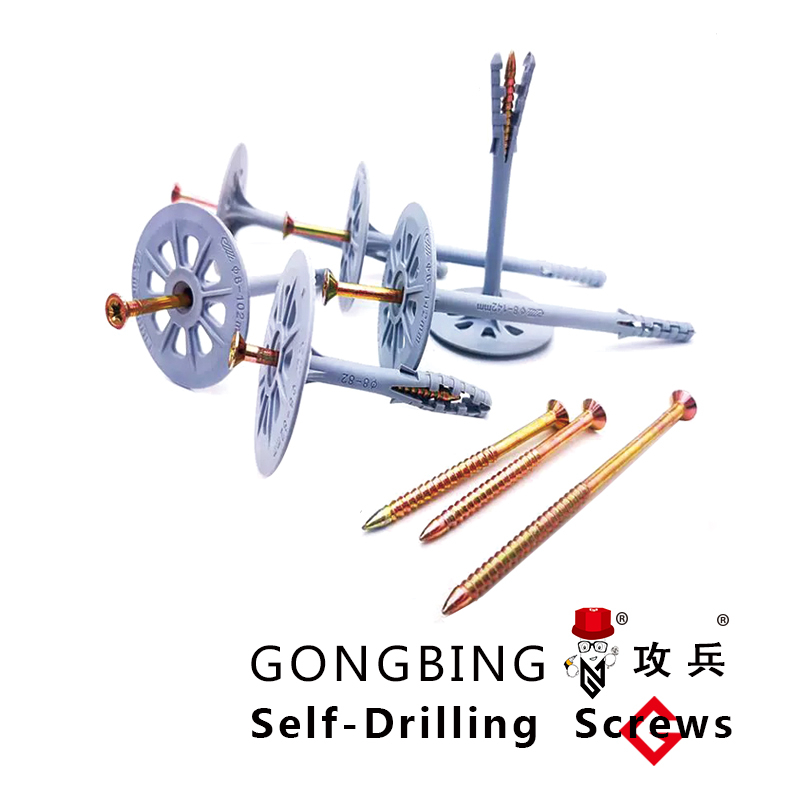wedge bolt
Understanding Wedge Bolts Features, Applications, and Benefits
Wedge bolts, a critical component in various construction and engineering applications, are designed to provide secure anchoring systems in both static and dynamic environments. These specialized fasteners utilize a unique wedge mechanism to create a strong hold, enhancing the overall stability of structures and machinery.
Features of Wedge Bolts
Wedge bolts are typically characterized by their tapered design, which allows them to be inserted into a pre-drilled hole. When the bolt is tightened, the wedge mechanism locks the bolt in place, preventing it from loosening over time. The primary materials used for manufacturing wedge bolts include stainless steel, carbon steel, and other alloys, ensuring durability and resistance to corrosion and wear.
The wedge bolt consists of three main parts the bolt shaft, the wedge, and a nut. The bolt shaft is threaded for easy installation and removal. The wedge, which is often tapered, engages with the sides of the drilled element, creating a firm grip. Finally, the nut ensures that the entire assembly is securely tightened, maintaining the integrity of the connection.
Applications of Wedge Bolts
Wedge bolts are versatile and find applications across various industries, including construction, automotive, and manufacturing. Some common uses include
1. Structural Engineering Wedge bolts are widely utilized for anchoring beams, columns, and other structural components in buildings and bridges. Their ability to handle heavy loads makes them ideal for high-stress environments.
2. Mechanical Assemblies In machinery and equipment, wedge bolts help secure moving parts, providing stability and preventing disassembly during operation. They are especially valuable in high-vibration applications, where traditional bolts might loosen.
3. Transportation Wedge bolts are used in the automotive industry for securing components such as engines, suspensions, and chassis. Their strength ensures that critical parts remain intact even under extreme conditions.
wedge bolt

4. Mining and Heavy Equipment In the mining sector, these bolts are crucial for securing various machinery and structural supports, ensuring safety and efficiency in operations.
Benefits of Wedge Bolts
The use of wedge bolts offers several advantages that make them a preferred choice in many applications
- High Load Capacity The tapered design and material strength allow wedge bolts to bear significant loads without failure, making them suitable for critical applications.
- Ease of Installation Wedge bolts can be easily installed and removed, reducing labor time and costs. The simple mechanism requires minimal tools and expertise, allowing for quick assembly and disassembly.
- Resistance to Loosening Due to their unique design, wedge bolts are less likely to loosen over time, which is particularly important in environments subjected to vibration and movement.
- Corrosion Resistance Many wedge bolts are made from materials that resist corrosion, ensuring longevity and reliability in harsh conditions, such as those found in marine or industrial settings.
Conclusion
Wedge bolts play an essential role in the safety and stability of many structures and systems. Their innovative design, combined with their high load capacity and ease of installation, make them invaluable in a variety of industries. As construction and manufacturing continue to evolve, the demand for reliable anchoring solutions like wedge bolts will undoubtedly grow. Understanding their features, applications, and benefits can help engineers and builders make informed decisions about incorporating these fasteners into their projects, ensuring both performance and safety are upheld in their structures.
-
Wedge Anchor Bolts: Secure Fastening SolutionsNūhouAug.05,2025
-
Insulation Fixings: Secure and Durable SolutionsNūhouAug.05,2025
-
Full Threaded Studs: Versatile Fastening SolutionsNūhouAug.05,2025
-
Expanding Fasteners: Secure and Reliable SolutionsNūhouAug.05,2025
-
Butterfly Toggle Anchors: Secure and Easy to UseNūhouAug.05,2025
-
Bracing Solutions for Steel StructuresNūhouAug.05,2025
